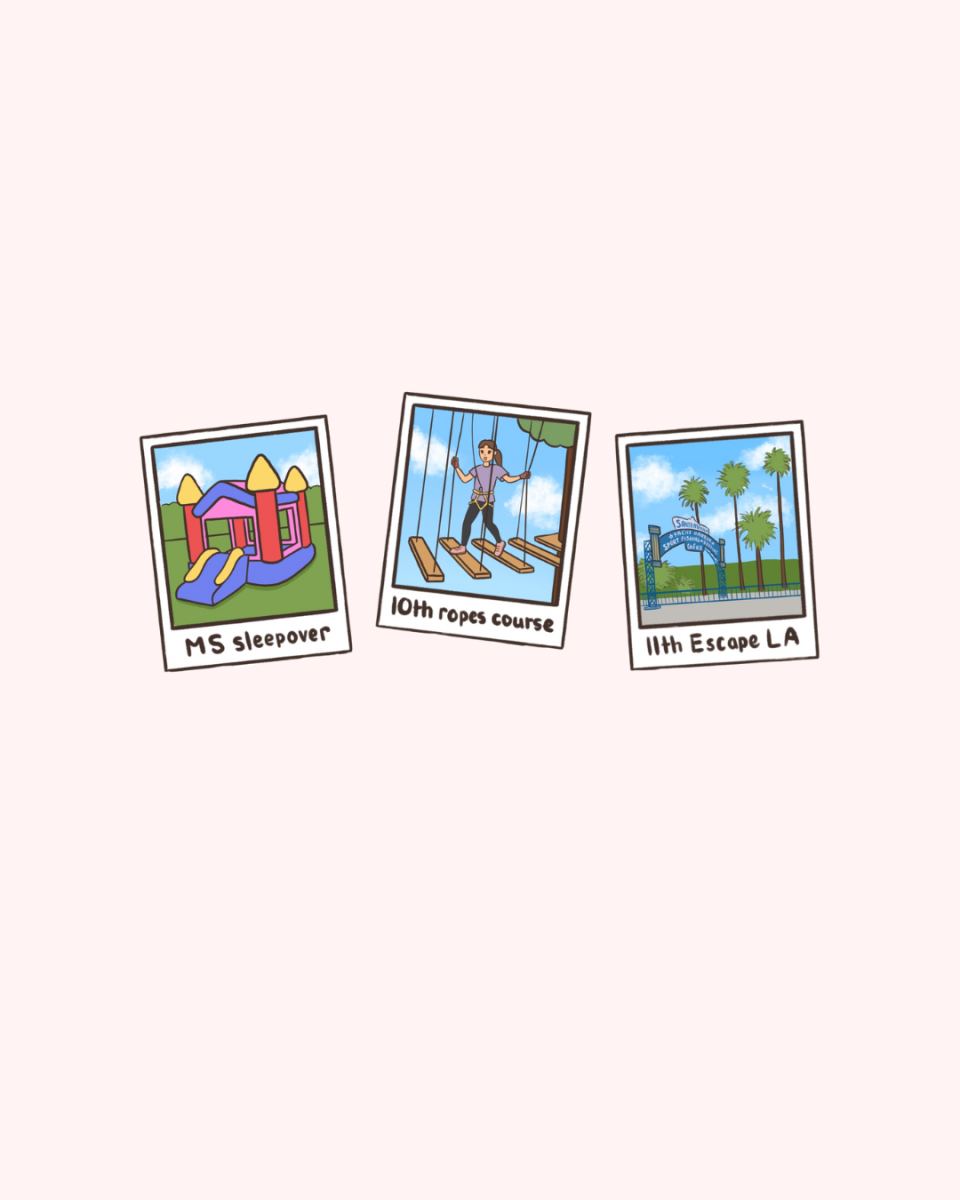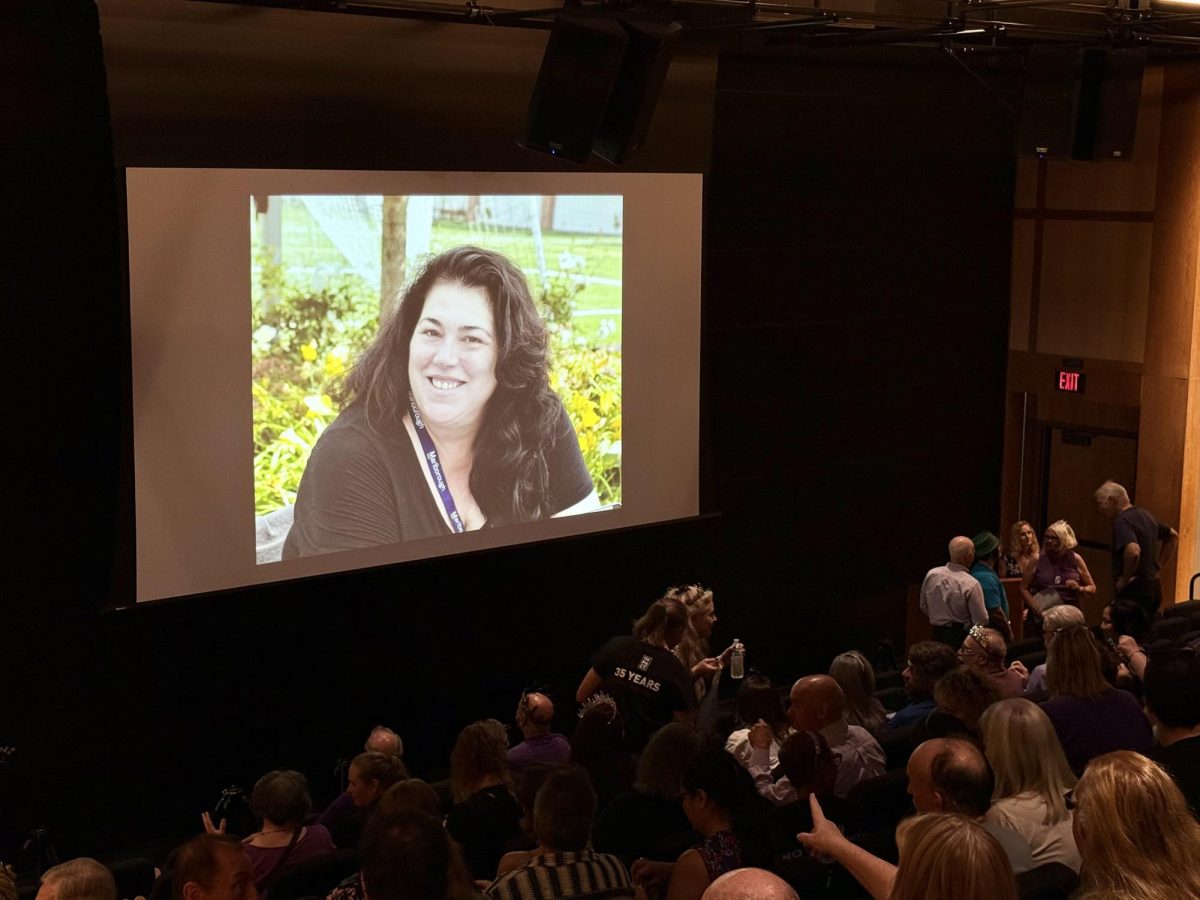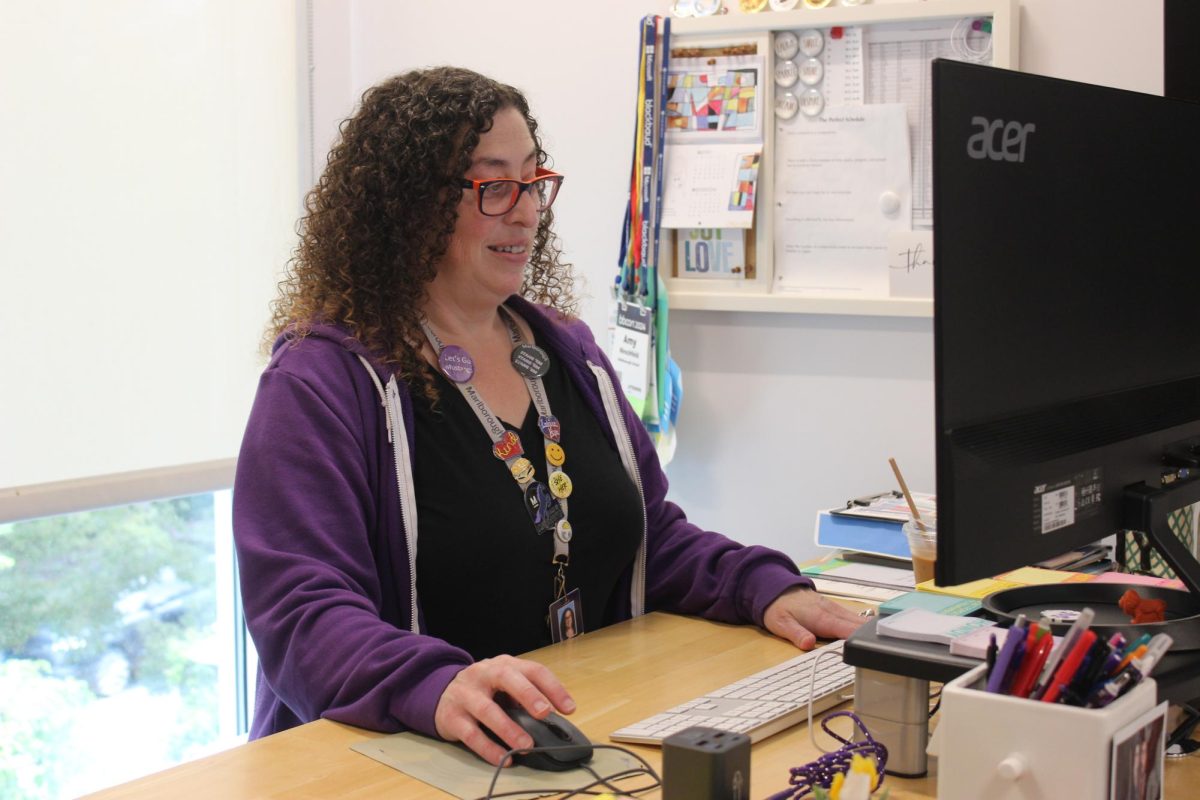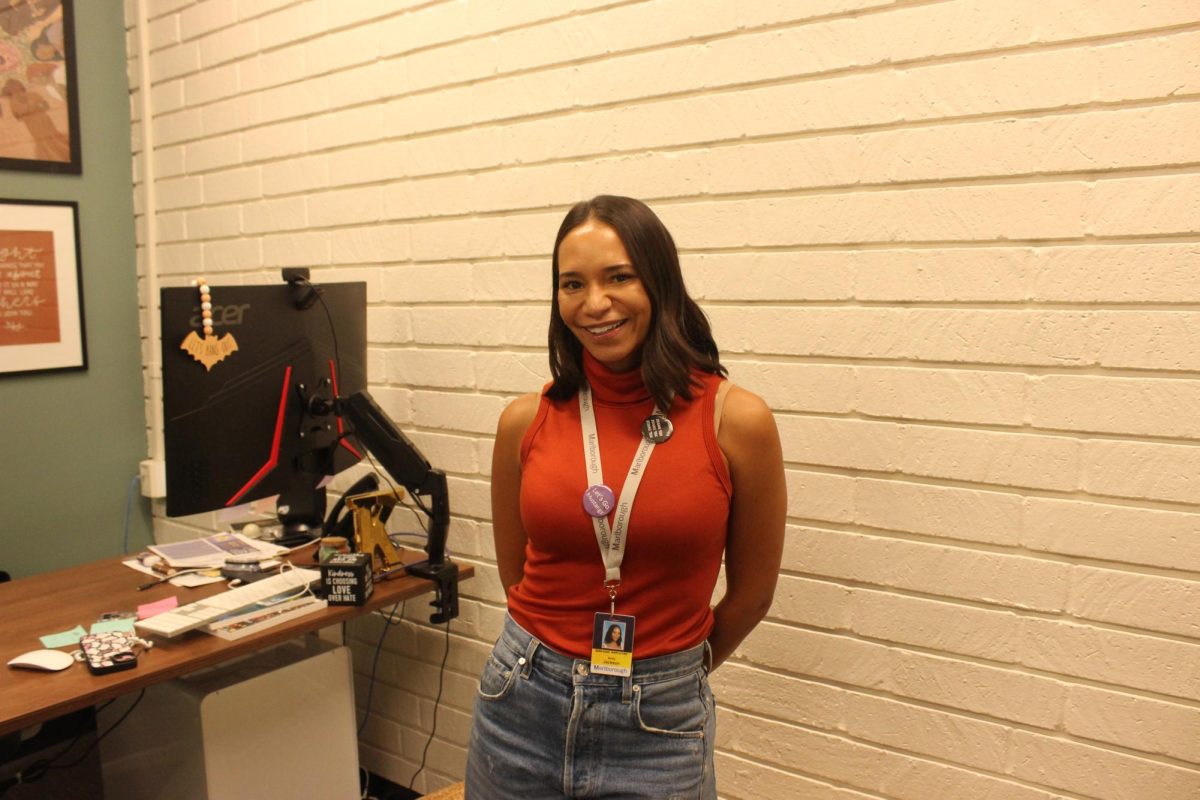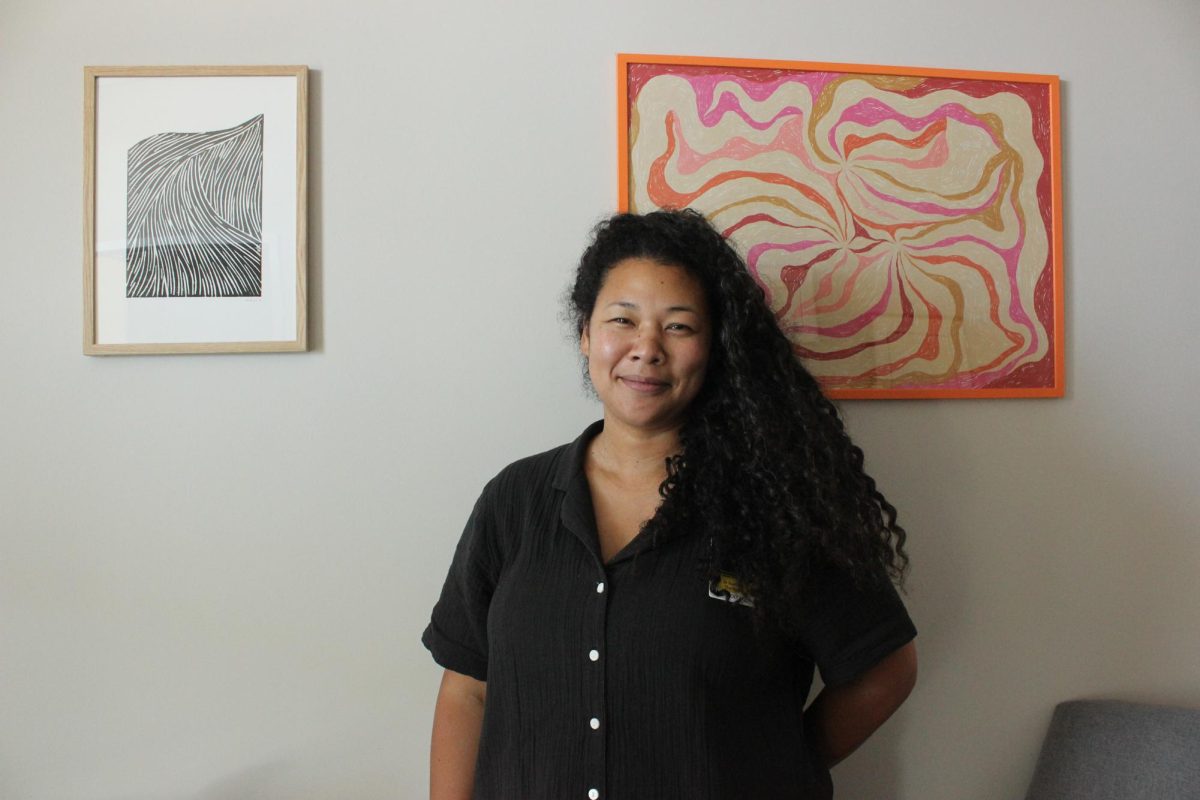
As the official language in 26 different countries and with more than 300 million speakers, Arabic is the fifth most spoken language worldwide according to World Atlas.
The question that remains, then, is why such a growing world language isn’t offered at Marlborough.
Additionally, Arabic not being taught here isn’t because of a lack of interest. Several students have found their own resources to learn the language.
Riley Sandler ‘20 is one of the students learning Arabic outside of school.
“I think that it’s important that Marlborough expands beyond just romance/western languages and now that Marlborough is getting rid of Latin it makes sense to replace it with Arabic… I don’t think the excuse that no one would take it is valid because they haven’t even given it a chance and I know plenty of people besides myself who have pursued it outside of the classroom,” Sandler said.
Additionally, the importance of learning Arabic extends further than simply learning a language. It will open doors to learning about a vast history of Arab civilization and literature.
There are hundreds of texts written during the Islamic Golden Age in Arabic. Contributions to the world of medicine, science, algebra and astronomy are also written and recorded in Arabic.
Students would get the chance to read the works of novelist Jibran Khalil Jibran, Egyptian Renaissance figurehead Taha Hossein and poet Aboul-Qacem Echebbi. They would learn about the history of the Byzantine Empire as well as the Moors.
I believe that the administration would be surprised by the student interest in pursuing the language. Arabic would be especially useful for students interested in pursuing a career in international affairs or at the UN.
Some may argue that as Marlborough is a small school, there are a limited number of courses it can run and many teachers feel that exploration and drive to learn new languages can be done in college where there are more resources.
“The skills we teach you in French, Spanish, and Chinese (and English, for that matter), will transfer over to any language you choose to study in your lifetime. College is meant exactly for that kind of exploration and learning,” Vitanza said.
While college is meant for students to learn new skills, college can also be meant for going deeper into subjects, becoming more advanced, or using skills you already know and applying them. For this to be possible, students would need a foundation in the subject prior to going to college. If Arabic was taught at Marlborough, even just at the beginner level, students would already have a solid foundation that they could then build upon in college. With the basics in the language already mastered, college would be the time to study abroad in the Middle East, join lecture classes, watch Arabic films, and so much more.

